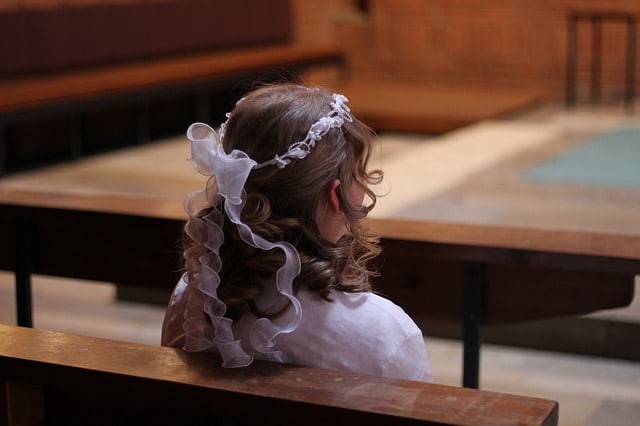
Confirmation can be the ratification of something.
The term that we are now going to analyze in depth comes from the Latin word confirmatio . A word that is the result of the union of the prefix with - which is synonymous with "together", the word firmus which is equivalent to "firm" and the suffix - ción which can be translated as "action".
Confirmation is a term linked to the verb confirm (corroborate, certify, authenticate or validate something). Confirmation, therefore, is a ratification of the validity of something.
For example: "The confirmation of the pregnancy came through a press release sent by the actress to the media in her country" , "Rumors indicate that the coach will resign in the next few hours, although there is still no official confirmation in this regard." » , «The DNA analysis gave the necessary confirmation and allowed the incarceration of the accused» .
Confirmation in a judicial process
Confirmation is also part of the rhetoric . In this case, the term is used to name the fragment of a speech in which the necessary evidence is provided to achieve the demonstration of a proposition.
Thus, for example, we can explain that confirmation becomes a fundamental part of the various judicial processes that take place and that try to clarify a specific crime.

In Catholicism, confirmation is a sacrament.
a sacrament
For the Catholic Church , confirmation is a sacrament through which those who have already received baptism integrate into the Catholic community in an integral way. In certain branches of Catholicism, confirmation is administered immediately after baptism. In the Roman Catholic Apostolic Church , however, the ritual takes place at the beginning of adolescent life, usually twenty-four months after the Catholic has received the Eucharist for the first time.
Anyone who has made the decision to carry out the confirmation should know that it will be carried out in a very simple ceremony, attended by their family and in which they must have a godfather or godmother. This figure will accompany you at all times during the aforementioned ceremony and will give you support in this ratification of your faith and belonging to what the Church is.
The aforementioned ecclesiastical institution always recommends that those who are going to take this sacrament attend the event appropriately dressed. Thus, men must wear a dark-colored suit and women, for their part, must appear in either a simple dress or a suit with a jacket and pants.
How to confirm confirmation
Confirmation takes place when the priest lays his hands and anoints the faithful with a sacred oil. Before the rite, the believer must attend catechetical training that focuses on issues such as the sacraments, the Holy Scriptures, the saints, and the church in general. The person, on the other hand, must be in a state of grace (that is, without a mortal sin) before receiving this sacrament.
The usual thing in these cases is that the religious in charge of carrying out the aforementioned sacrament of confirmation is the bishop. However, as long as he cannot attend to officiate, the priest designated by him and when he has his delegation may conveniently replace him.
